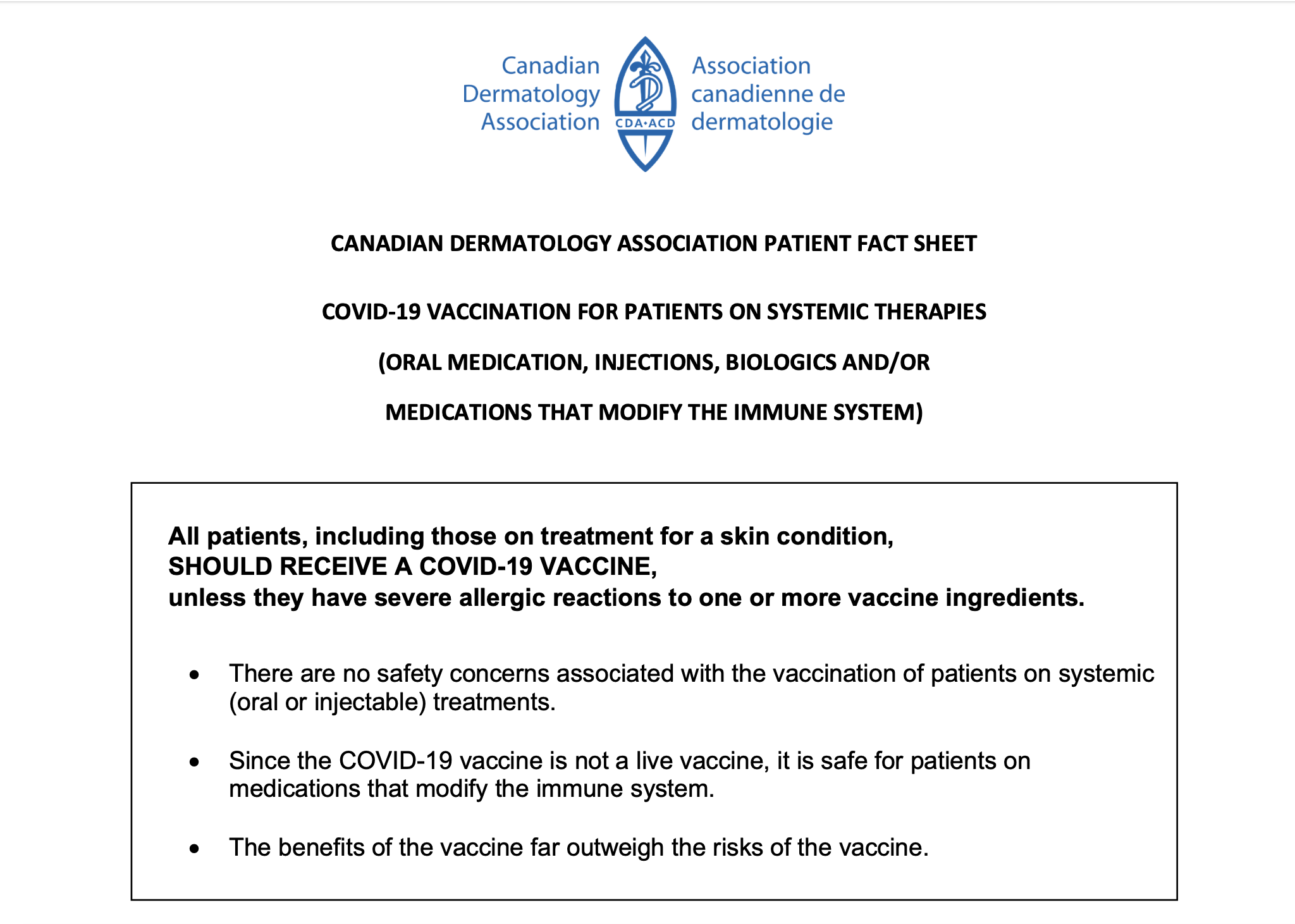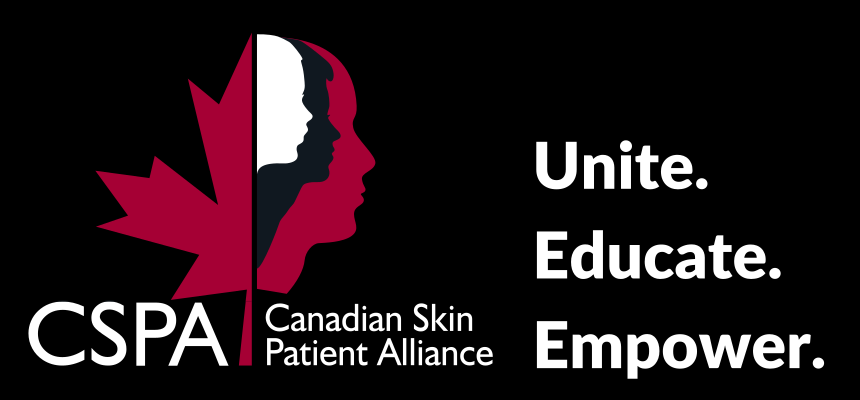Ontario
Dispensing limits: The Ontario government announced it was lifting the restriction on filling more than a 30-day supply of medications as of June 15, 2020, when appropriate (i.e., in some instances, pharmacists may still only dispense a lesser amount). (Last updated: June 11, 2020)
Pharmacists were previously advised to dispense no more than 30 days’ supply of any refill to discourage stockpiling. (Last updated March 23, 2020)
Exceptional Access Program (EAP): Any EAP approval for a medication that is expiring between February 1, 2020 and May 31, 2020 will be automatically extended by 90 days. (Last updated March 23, 2020)
Ontario Drug Benefit Program changes to copayments and dispensing fees: Co-payments will return to their previous amounts as of June 15, 2020, when pharmacists are allowed to return to dispensing more than a 30-day supply at a time. (Last updated: June 11, 2020)
Previously, In light of the restrictions on dispensing more than a 30-day supply of medication, the Ontario Drug Benefit (ODB) Program only charged patients one co-payment for a 30-day supply when a patient would usually be able to fill a larger amount. This was intended to change when the supply limit recommendation was removed and pharmacists returned to dispensing more than a 30-day supply, or on June 30, 2020 (whichever was earlier).
Trillium Drug Program deductible relief: The Trillium Drug Program – available for catastrophic drug costs – usually calculates the deductible (equivalent to 4% of the patient’s annual income) with reference to earlier tax information. However, this program will now consider significant changes to annual income in light of the COVID-19 pandemic.
For the 2019/2020 benefit year, households can now apply to have their deductible reassessed if their 2020 income is different from their 2018 income by 10% or more, including for reasons relating to COVID-19. A reassessed deductible based on 2020 income will apply to the 4th quarter of the current 2019/20 benefit year (from May 1 until July 31, 2020).
Deductibles for the 2019/20 benefit can continue to be reassessed based on 2019 income, if that 2019 income is different from the household’s 2018 income by 10% or more.
Trillium coverage applications: The Trillium program is now accepting email or faxed submissions to ease administrative burden and increase speed of review. (Last updated March 23, 2020)












